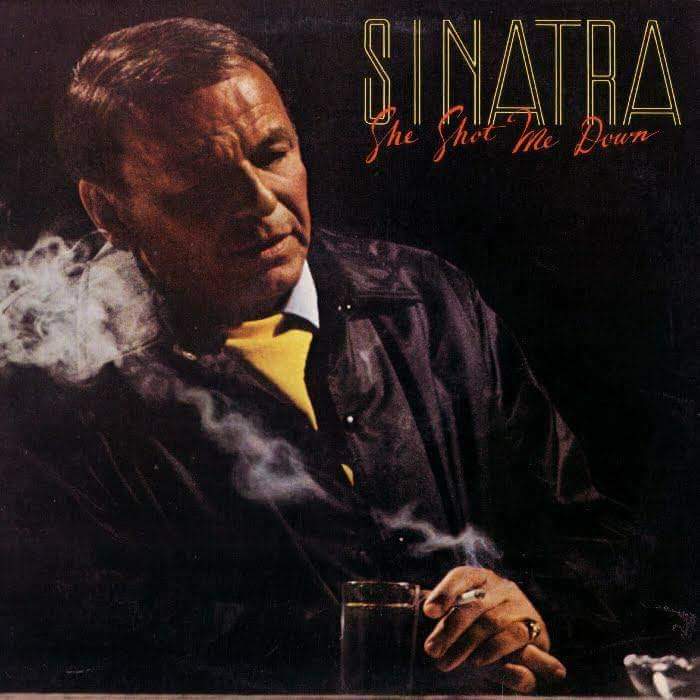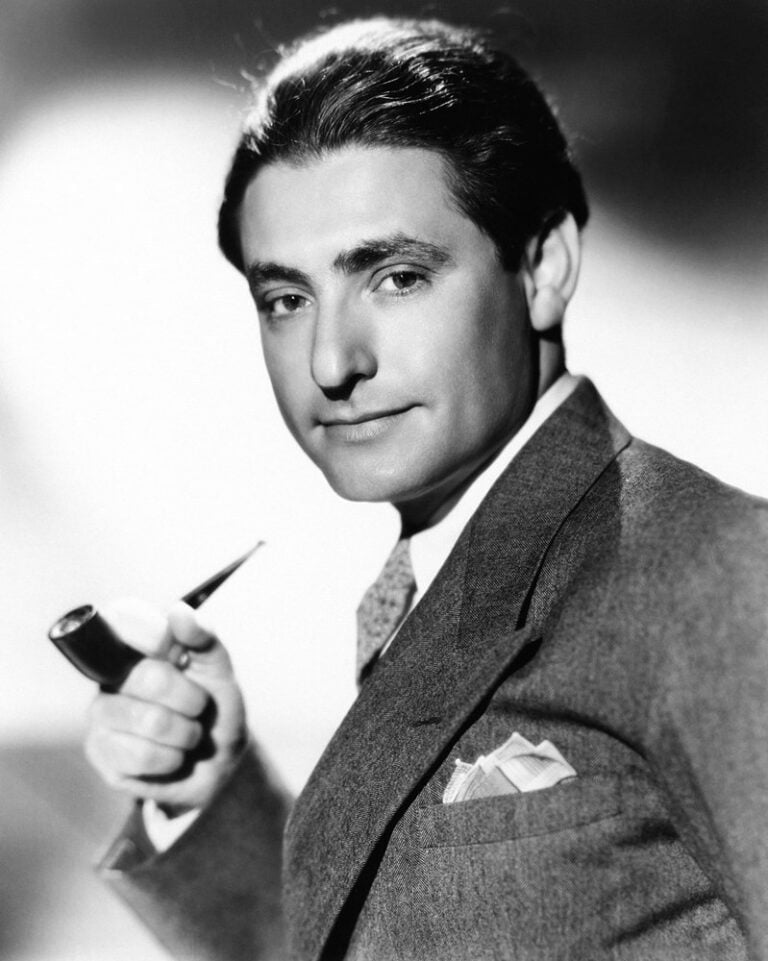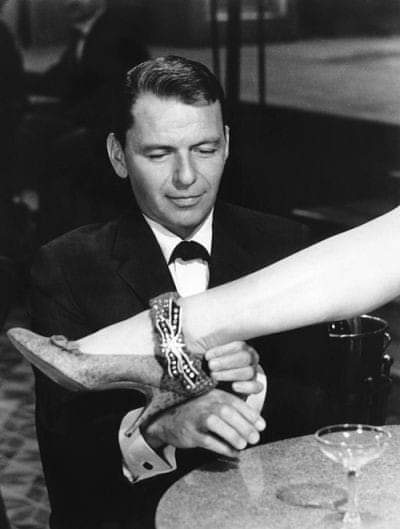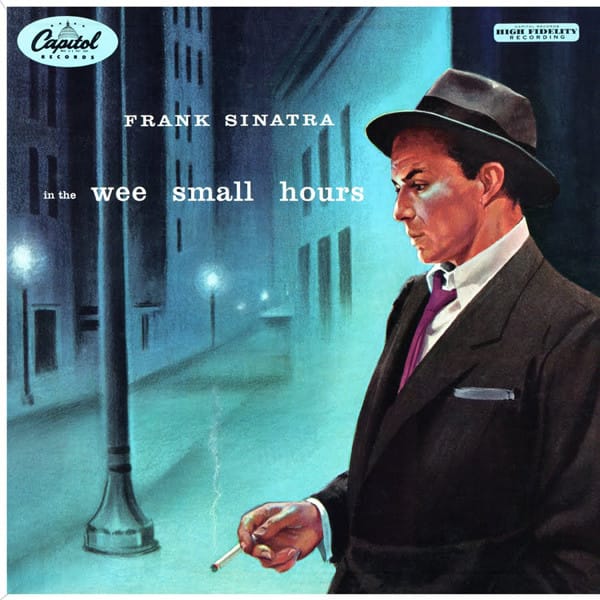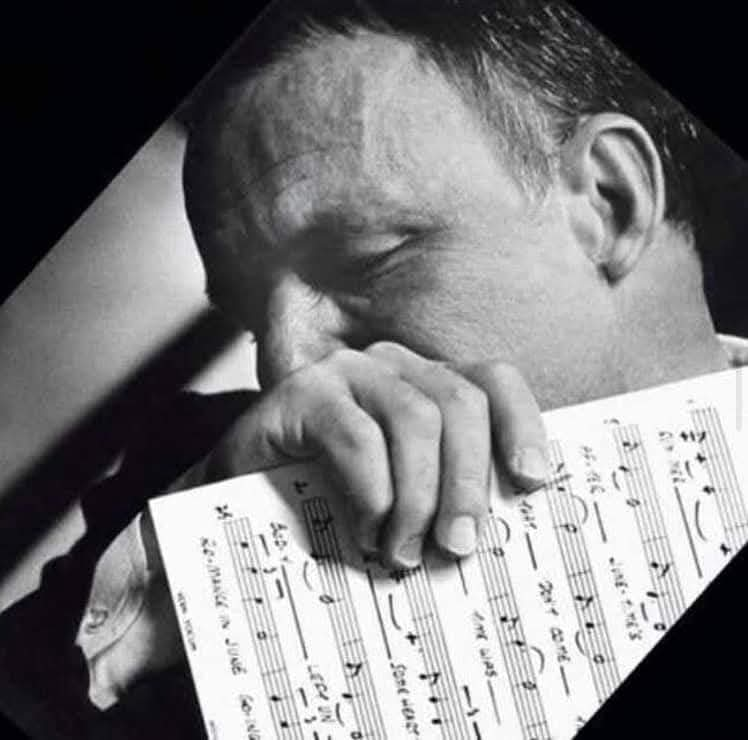
What is the Great American Songbook?
By Mahnuel Muñoz
The Great American Songbook is the most important set of popular songs and jazz standards in North America, developed primarily between the 1920s and 1950s, and whose main destinations were cinema and musical theater.
This material has been recorded and performed by a large number of singers, orchestras and jazz musicians. The most notable figures in the Songbook are George and Ira Gershwin, Cole Porter, Irving Berlin, Jerome Kern, Harold Arlen, Johnny Mercer, Richard Rodgers and Oscar Hammerstein II.
It is considered that the era of the Songbook comes to an end with the arrival of rock and roll, but the truth is that its songs have never gone out of style, and today we can continue to hear them in new recordings, advertisements and films.
What makes this music classic is its enduring value. In structure, musical content, phrasing and compositional details, they are very close to classical music, with the difference in context and a greater emphasis on rhythm and a more conversational than recited interpretation.
The main threat to this music was the long period in which there were no variety shows in which new songs were presented to the public, and the progressive decline in the use of songs in films, as well as the expansion of pop and rock in the Broadway productions, with the first example of the musical “Hair” in 1967, and later in works such as “Rent” (1996) and “Hamilton” (2014), which successfully used hip-hop.
AUTHORS AND ESSENTIAL WORKS (I only include one song by each composer so as not to make it too long)
Harold Arlen “Over the Rainbow”
Irving Berlin “White Christmas”
Herb Brown and Arthur Freed “Singin’ in the Rain” were born
Hoagy Carmichael “Stardust”
J. Fred Coots “Love Letters in the Sand”
Walter Donaldson “My Baby Just Cares for Me”
Vernon Duke “April In Paris”
Duke Ellington “Mood Indigo”
Sammy Fain “Love Is a Many-Splendored Thing”
Dorothy Fields “I Can’t Give You Anything But Love”
Fred Fisher “Chicago (That Toddlin’ Town)”
George and Ira Gershwin “Someone to Watch Over Me”
Ray Henderson “The Birth of the Blues”,
Herman Hupfeld “As Time Goes By”
Bart Howard “Fly Me to the Moon”
Arthur Johnston “Pennies From Heaven”
Isham Jones “It Had to Be You”
Jerome Kern “Ol’ Man River”
Frank Loesser “Luck Be a Lady”
Jimmy McHugh “On the Sunny Side of the Street”
Glenn Miller “Moonlight Serenade”
Johnny Mercer “Moon River”
Cole Porter “I’ve Got You Under My Skin”
Richard Rodgers and Lorenz Hart “Blue Moon”
Richard Rodgers and Oscar Hammerstein “You’ll Never Walk Alone”
Harry Ruby and Bert Kalmar “I Wanna Be Loved by You”
Arthur Schwartz and Howard Dietz”Dancing in the Dark”
Al Sherman “For Sentimental Reasons”
SINGERS
Since the 1930s many singers have recorded or performed the Songbook.
Singer Lee Wiley was a pioneer in 1939 with her album of music by George and Ira Gershwin in 1939.
Ella Fitzgerald is perhaps the most popular and influential artist who has worked on the Songbook, with her eight works recorded on the Verve label between 1956 and 1964, devoted to Cole Porter, Richard Rodgers/Lorenz Hart, Duke Ellington, Irving Berlin, George and Ira Gershwin, Harold Arlen, Jerome Kern and Johnny Mercer.
Other great interpreters of the Songbook have been Fred Astaire, Nat “King” Cole, Bing Crosby, Bobby Darin, Sammy Davis, Jr., Doris Day, Judy Garland, Al Jolson, Peggy Lee, Dean Martin, Johnny Mathis, Nina Simone, Barbra Streisand, Mel Tormé, Sarah Vaughan, Dinah Washington and Andy Williams.
There have been many pop, rock and country performers who have not been able to resist the wonderful repertoire of the Songbook and have covered it with considerable commercial success: Ringo Starr, Paul McCartney, Harry Nilsson, David Bowie, Bryan Ferry, Willie Nelson, Linda Ronstadt , Rod Stewart and Michael Bolton, among many others.
In more recent times, the work of Michael Bublé, Jamie Cullum and Lady Gaga, along with the legendary Tony Bennett, have brought the Songbook to the fore.
For his part, Frank Sinatra has been instrumental in keeping the Songbook alive thanks to its worldwide popularity. It is wonderful that in the days of the explosion of rock and roll, or during Beatlemania, even in the boisterous days of punk and disco music, and in the midst of the din of Heavy metal or in the midst of the grunge era, Frank spread throughout the entire world and even placed songs like “As Time Goes By“, “I’ve Got You Under My Skin” or “Fly Me to the Moon” on the charts.
If you want to visit more articles about the life of Frank Sinatra enter the following Frank Sinatra Radio 24h link: https://sinatraradio24h.com/category/articles/
We remind you that you can also listen to Sinatra Radio 24 hours on your mobile phone by downloading our free applications for Android in the Play Store https://play.google.com/store/apps/details?id=sinatra.radio24h for iPhone in the Apple Store https://apps.apple.com/app/sinatra-radio-24h/id6599859344


